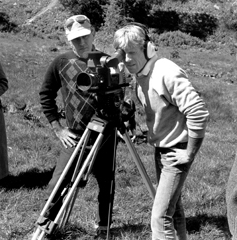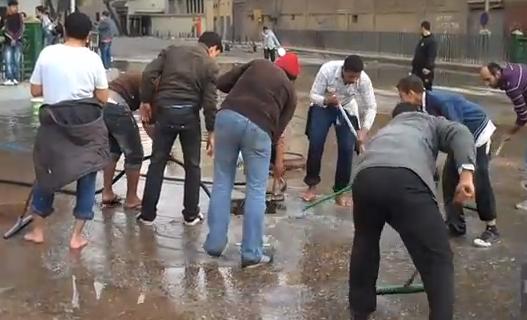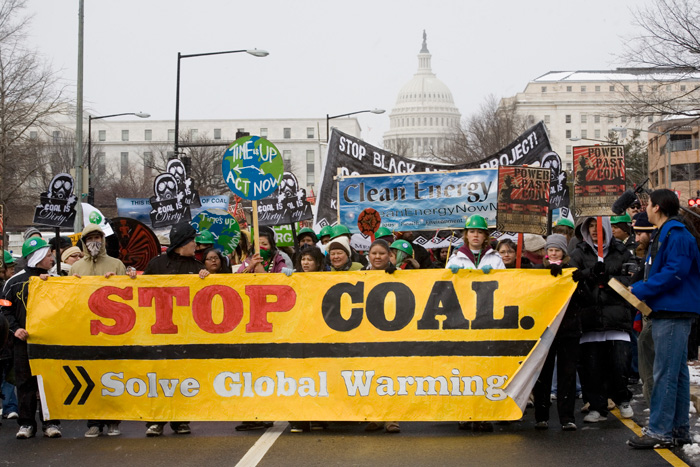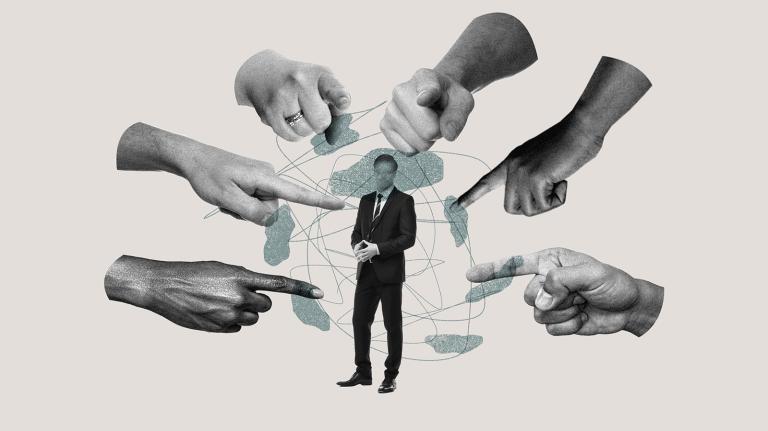Last week, cinephiles and filmmakers gathered in the small, snow-covered town of Park City, Utah, for the 2011 Sundance Film Festival. Many of the films at the festival were inspirational to those of us interested in creating a “world that makes sense.” Some dealt with themes of sustainability, some were made sustainably, some were simply hopeful. So pop yourself some organic popcorn and stay on the lookout at a theater, television, or video-on-demand screen near you for some of the festival’s most sense-making entries. Robert Redford, a storyteller’s storyteller who supports sustainability.Photo: Sundance
Robert Redford, a storyteller’s storyteller who supports sustainability.Photo: Sundance
Two especially intriguing films to keep an eye out for this coming year are The Last Mountain and Connected.
The Last Mountain, directed by Bill Haney, shines a light on the dark side of our use of coal in the U.S. The film begins with the scary statistic that half of all the electricity used in the U.S. comes from burning coal, which is also the number one source of greenhouse gases globally. It then takes us to Appalachia, where 30 percent of U.S. coal is extracted through mountaintop removal.
This practice has a huge impact on the lives and health of local residents, and the film digs deep into the struggles of the people of the Coal River Valley in West Virginia. Coal-related health issues for the local people include leaking toxic sludge ponds and copious amounts of silt in the air. On one single block in the area, six people were diagnosed with brain tumors.
The story has its villains — mainly Massey Energy, which controls all of the mining in Coal River Valley. The movie’s heroes are the former coal miners, their families, and the protestors engaging in nonviolent civil disobedience. This movie is informative and inspirational in the get-off-your-ass department. With luck, it will get as much attention as last year’s Gasland, the film that exposed the dangers of hydraulic fracking for natural gas. Definitely add The Last Mountain to the top of your movie-watching queue.
Pioneering naturalist John Muir wrote, “When one tugs at a single thing in nature, he finds it attached to the rest of the world.” Muir’s musings kick off the wonderful film Connected: An Autobiography of Love, Death and Technology. Tiffany Shlain, the film’s director, is an interdependence-loving, brain-curious culture influencer (she’s founder of the Webby Awards). In a film that mixes wildly creative animation with found and archival footage, she unpacks the interrelatedness of honeybees, history, and technology — and explores the possibility of a potential shift from a left-brain to a right-brain culture. She also delves into the riches of human connection. For instance, did you know every time you make a contact with another person, even in a text message or tweet, your brain releases oxytocin, also known as “the love hormone”? The film illuminates the necessity of our interdependence and our ability to use technology to share ideas and make connections for a better world.
Connected is also Tiffany Shlain’s ode to her late father, Dr. Leonard Shlain, author of many thought-provoking works, including “The Alphabet vs. the Goddess.” His ability to find links between disparate disciplines made him one of the most exciting thinkers of our time. You can see some of his lectures here.
Other Sustainable, Sense-Making Films from Sundance 2011
The Off Hours, a well-received independent film directed by Seattleite Megan Griffiths and starring the lovely Amy Seimetz, is the first film to receive a Sustainable Style Foundation stamp of approval for its on-set efforts to buy local, use secondhand materials, recycle, compost, shoot digitally, and have the cast using reusable materials for eating and drinking.
Miranda July’s new film The Future was difficult to get into and much talked about. It tells the story of a couple who learn that their lives are going to change dramatically in the near future because of an ill cat they adopt. The pair quit their jobs and unplug from the internet. One goes on to “knock on doors for a tree-planting environmental group” and the other faces suburban meaninglessness.
The Woods, directed by Matthew Lessner, satirizes the globally connected younger generation by following a group of idealists who have gone into the woods to start anew. In this would-be utopia, flat-screen televisions are attached to trees and washing machines stand amid the underbrush. The film’s description notes, “In a world where new technologies merely distract us from reality, the greatest revolution can only begin by leaving everything behind.” Check out some of the absurdist humor on the teaser here.
The Greatest Movie Ever Sold is Morgan Spurlock’s documentary skewering product placement, which was actually funded by — you guessed it — product placement.
I didn’t get a chance to see If a Tree Falls: A Story of the Earth Front Liberation, but from what I heard, it’s a nuanced, well-told story told about fighting for your beliefs and your country.
Life in a Day premiered on YouTube as a part of Sundance. It’s a short film compiling user-generated footage from people around the world to tell the story of one day of life on Earth. Check here for upcoming screenings.
Lord Byron, directed by Zack Godshall, is about a man trying to decide between women and monasticism. It’s a wonderfully alive, character-rich ode to living in the moment.
Hot Coffee by Susan Saladoff is an exposé of the ways big corporations have distorted our sense of civil justice and are impacting tort reform. This film is sure to inspire in the get-off-your-ass department.
Sing Your Song is a documentary about the life of singer/songwriter/activist Harry Belafonte which should light a fire under you. The film traces the history of activism in the Civil Rights movement up to the present, where Belafonte asks, “What do we do now?”



